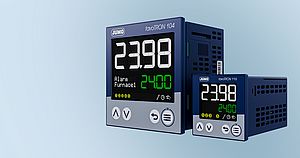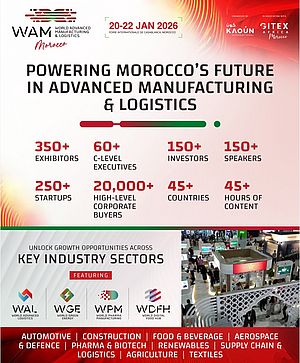Heating and cooling in our buildings and industries accounts for nearly half of the EU's energy consumption, putting it ahead of transport and electricity which account for 32% and 22% respectively. Moreover, around 85% of heating and cooling is produced from natural gas, coal and oil products, and only 15% is generated from renewable energy.
In order to fulfil the EU's climate and energy goals for 2020, 2030 and 2050, the heating and cooling sector must become highly energy efficient and largely based on local, sustainable energy sources. From 26-27 February 2015 a conference taking place in Brussels will discuss the ways in which the heating and cooling sector can take part in the EU's energy transition.
The conference will look at the challenges of making heating and cooling efficient and sustainable as part of a more integrated and smart EU energy system, and the technology and financing needed. Topics will include switching to renewable energy, recycled heat systems and energy efficient technologies, and integrating smart energy solutions. It will also discuss how to create functioning markets for heating and cooling.
An energy efficient and sustainable heating and cooling sector will boost security of energy supply, reduce energy bills, help protect the climate and free up money spent on fuel imports for local economies. It will also help in reducing the staggering €1 billion per day - or around €400 billion per year - that the EU paid for its energy imports in 2014.
According to the European Commission's 2050 energy and low-carbon roadmaps, the share of renewable heat must be at least 55% in gross final energy consumption, which compares to 15% today, while the EU's total energy consumption should be reduced by around 40% by 2050. For heating and cooling, this means an overall drop of 60% in final energy use compared to 2010 - this conference will debate how.
Find out more here




























































